The crisis in Ukraine has been the story of 2022 so far, as the situation has been the center of the news cycle since it began. This 24-hour coverage has shown us many of the biases present in the way modern outlets cover conflicts, and shown that we must hold news reporting to a higher standard.
On Feb. 25, CBS News was reporting on Russian troop movements near Kyiv. The anchors in New York interviewed their foreign correspondent Charlie D’Agata, who was on the ground in Ukraine.
“This isn’t a place, with all due respect, like Iraq or Afghanistan that has seen conflict raging for decades. This is a relatively civilized, relatively European – I have to choose those words carefully, too – city where you wouldn’t expect that, or hope that it’s going to happen,” he said.
The New York Times published a piece on March 5 focusing on veterans in the U.S. who are joining the “foreign legion” put together by the Ukrainian government to defend the country.
Focusing on these vet’s experiences fighting in the Middle East, the writer said, “After years of serving in smoldering occupations, trying to spread democracy in places that had only a tepid interest in it, many are hungry for what they see as a righteous fight to defend freedom against an autocratic aggressor with a conventional and target-rich army.”
On Feb. 26, the BBC invited Ukraine’s former deputy general prosecutor David Sakvarelidze as a guest.
When asked about the ongoing refugee crisis in his country, he said, “It’s very emotional for me because I see European people with blonde hair and blue eyes being killed every day with Putin’s missiles and his helicopters and his rockets.”
The BBC anchor responded, “I understand and of course respect the emotion.”
These are three examples out of hundreds of instances of racism that have come out of Ukrainian coverage. The blatant disregard for those displaced by war across the world should shock us, but instead the vast majority of the world agrees with the sentiment.
A poll by the Pew Research Center showed that in the height of the Syrian Refugee Crisis in 2016, 59% of Europeans believed that an influx of refugees from the Middle East would cause an increase in terrorist activity. There is absolutely no proof that an influx of refugees would lead to terrorism, but the majority of Europeans believe it might based solely on where the refugees come from.
The truth is, violence is violence no matter if it occurs in Europe or anywhere else in the world. Beyond that, those fleeing violence anywhere in the world are just as human as us, and deserve a safe home no matter where they come from. Refugees are refugees, no matter if they are from Ukraine or Syria or Palestine.
When we see racism like this in the media, it is our job to call it out. Media figures and journalists must be held to a higher standard, and this is unacceptable.


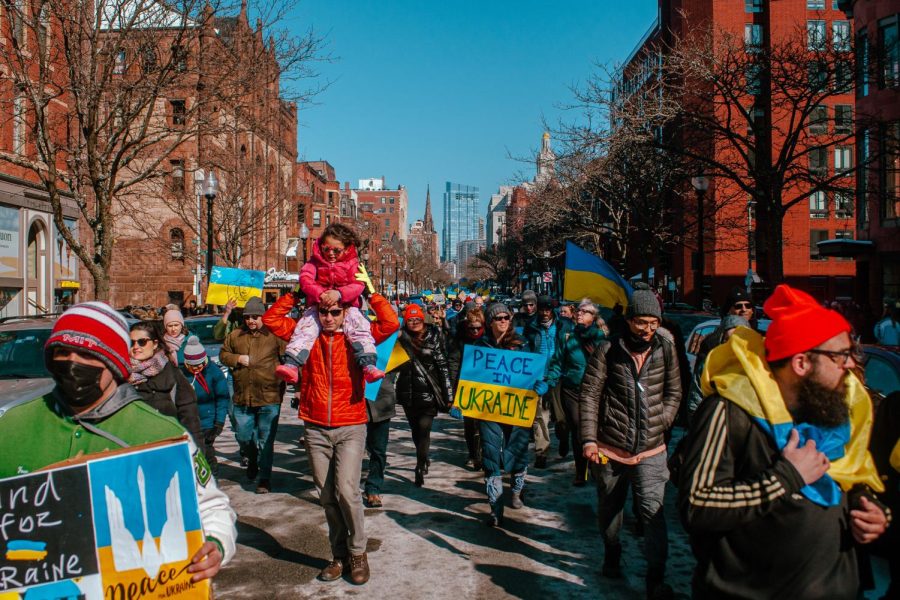
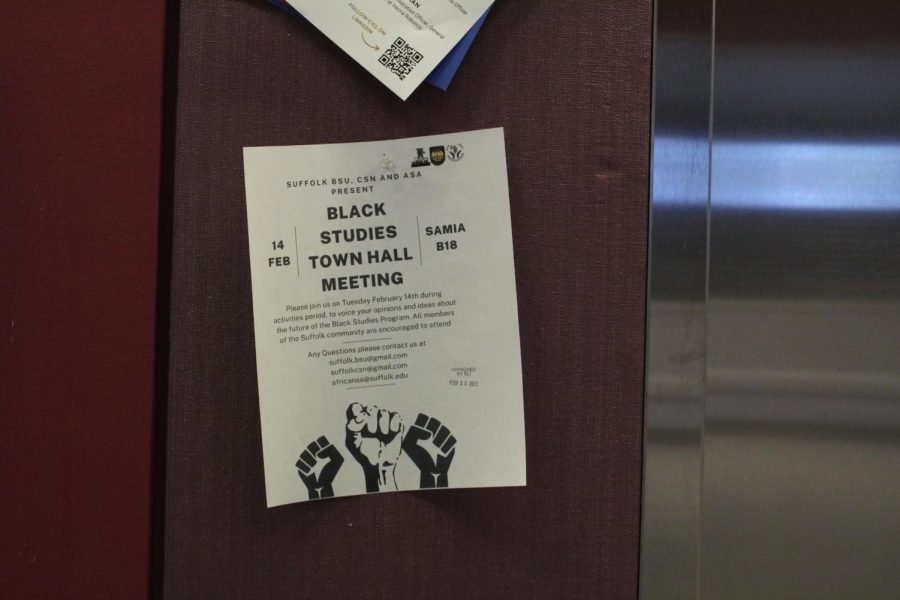
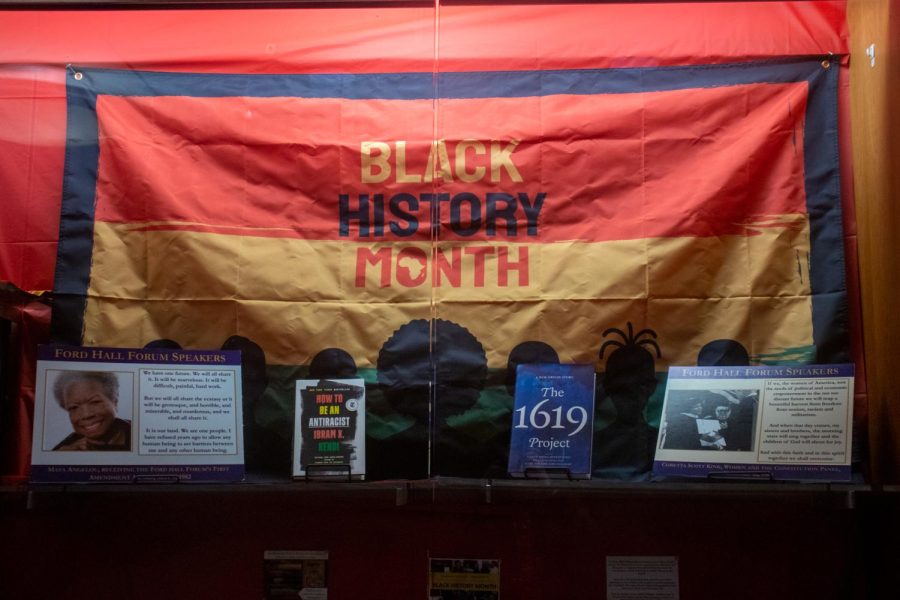

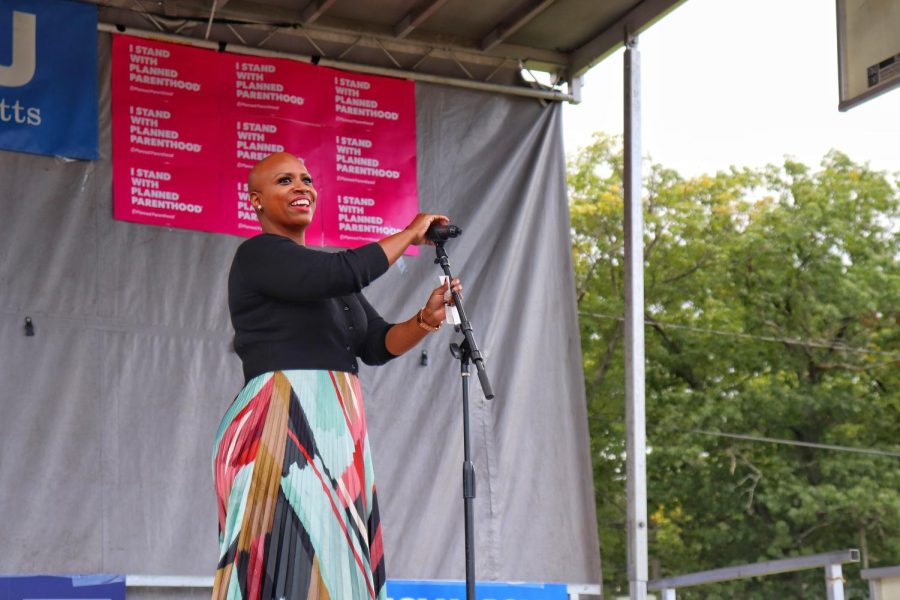
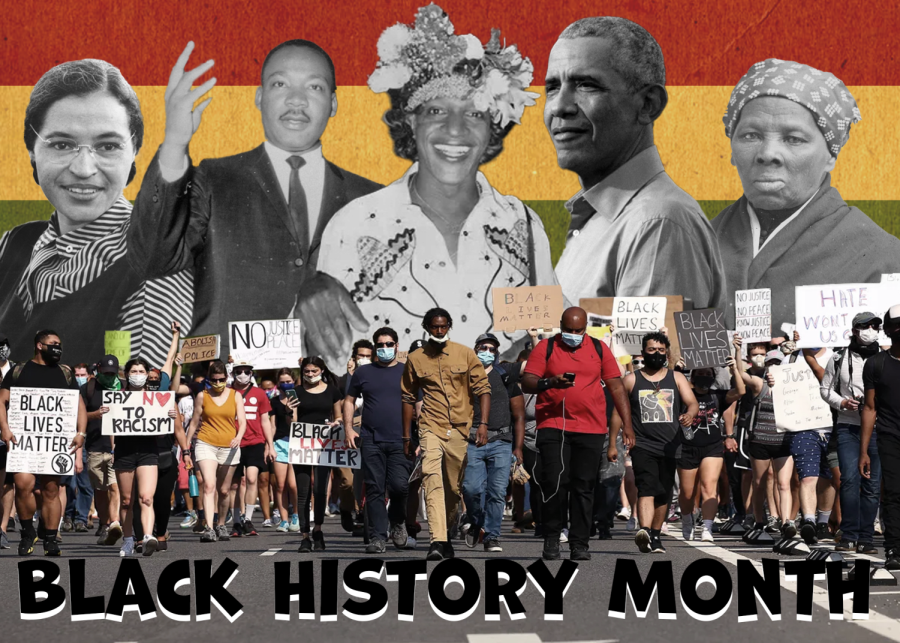
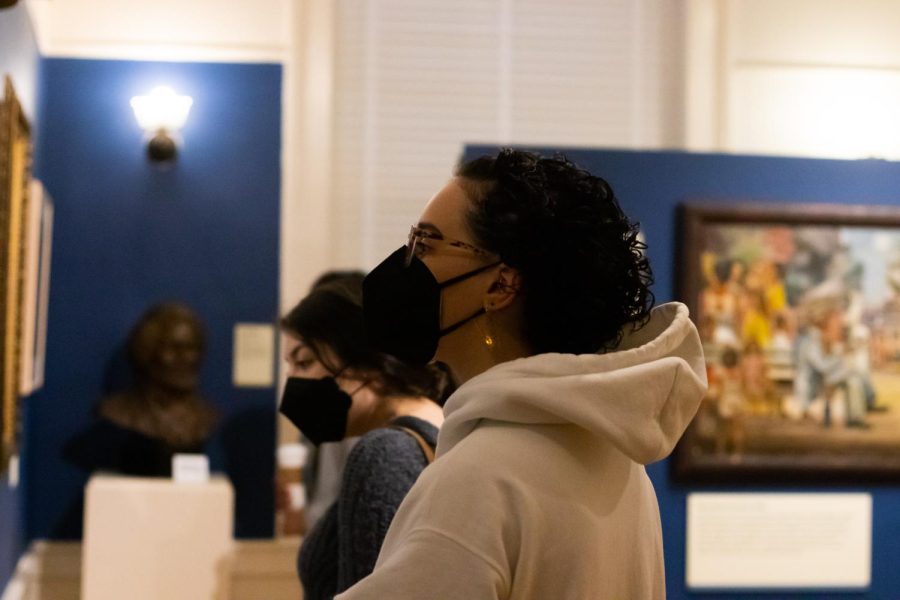




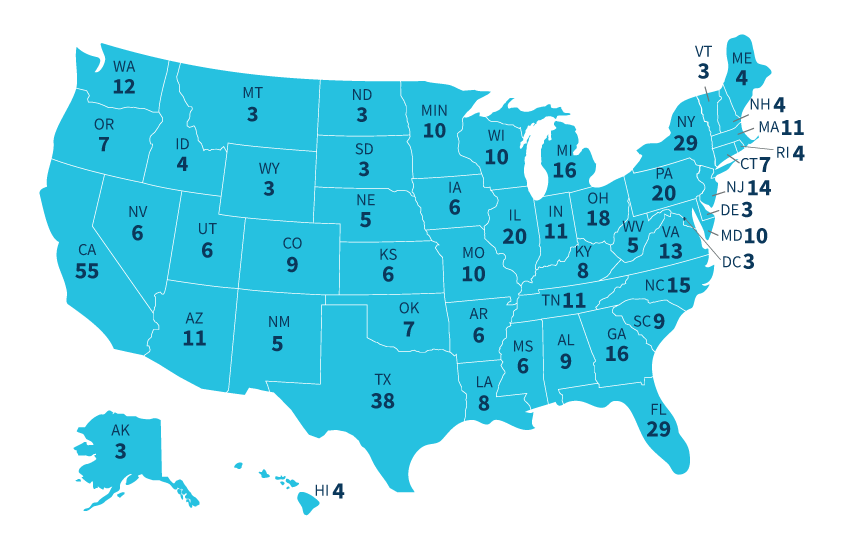

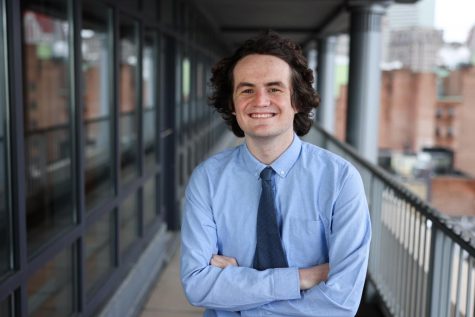

Brenda • Jun 16, 2022 at 9:46 am
All the opinions here are true – they may not be politically correct but they are true.